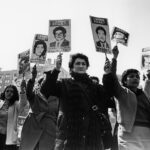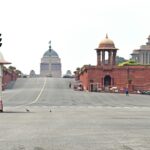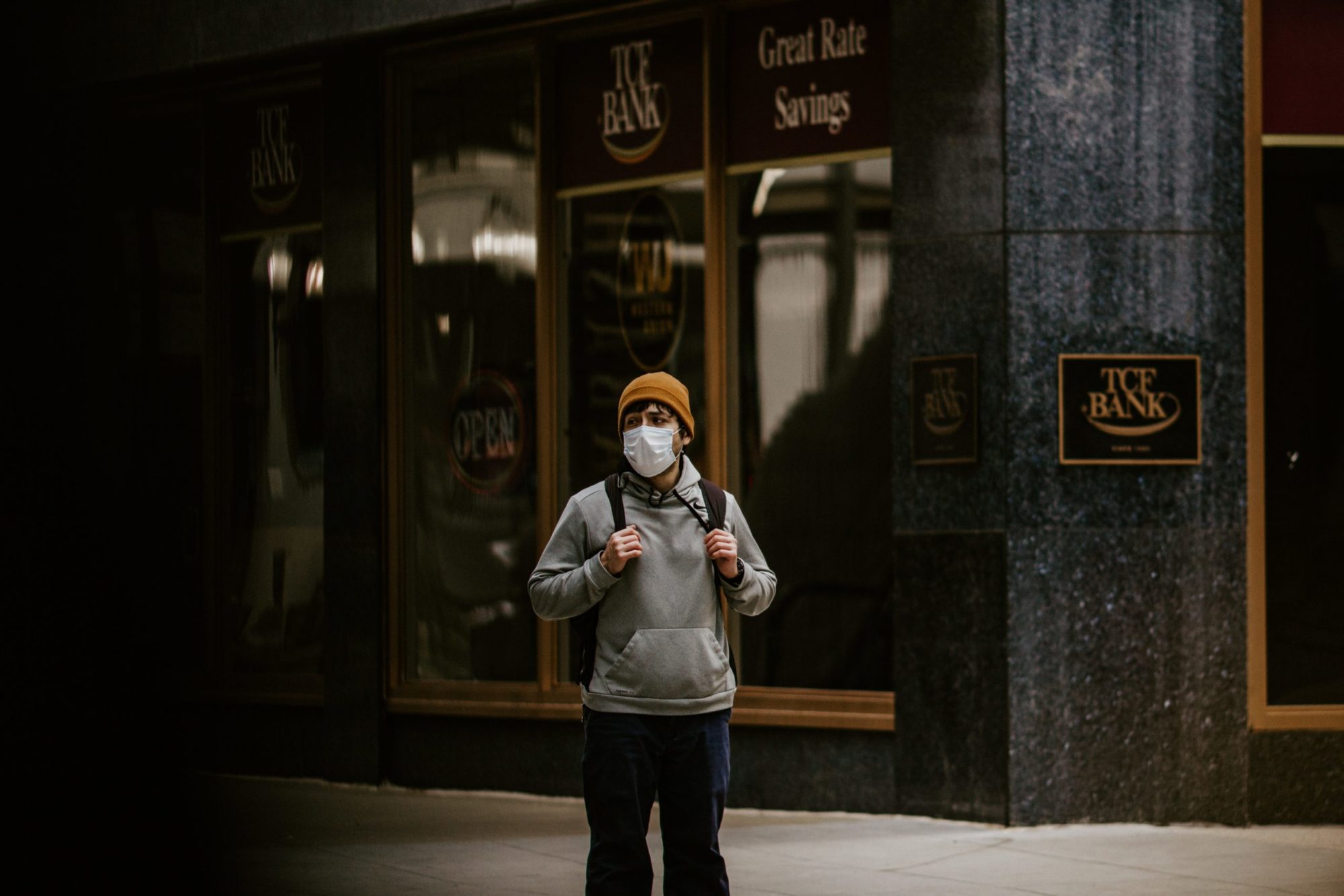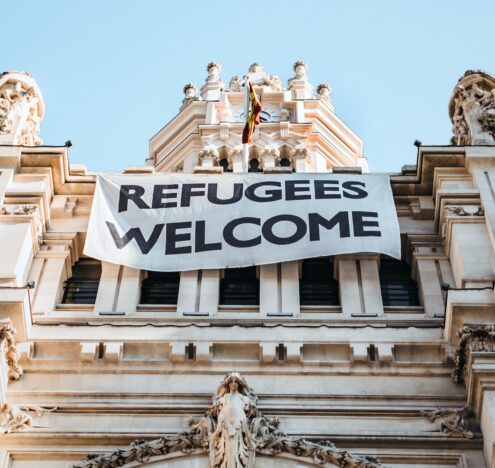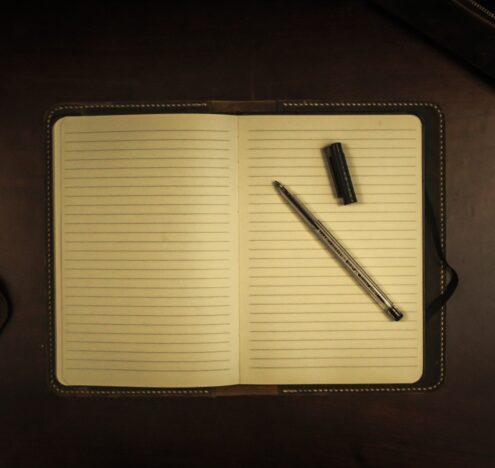As a disarmament education practitioner who has always derived inspiration and motivation from focusing on empowering young people, it’s been extraordinarily difficult for me to temper my disappointment these days.
You’d think that someone like me, who has been working for decades on one of the most Sisyphean-seeming of issues of our time — the elimination of nuclear weapons, especially through youth education — would be somewhat accustomed to facing seemingly insurmountable challenges. Yet the COVID-19 pandemic has filled me with a particular sense of dread and despair. Beyond the health and societal impacts of the disease, is something seemingly small, but deeply personal: I was forced to move this year’s Critical Issues Forum (CIF) online, which had been scheduled to bring students from Japan, Russia, and various American high schools together in person to learn about nuclear disarmament and the importance of youth engagement.
The hit was a hard one to take. Then again, it might be precisely through my years of working with young people that I and my colleagues have been readied to surmount this current challenge.
Education could be the cornerstone of this recovery process, both on a national level and a global one.
Appreciation to all educators is surely enhanced, as parents struggle to homeschool their kids, and gratitude for expertise and thoughtfulness grows. I cannot help citing my favorite quotation by former UN Secretary General Kofi Annan: “…education, is quite simply, peacebuilding by another name. Education is the most effective form of defense spending there is.”
As we struggle to visualize a post-coronavirus world, the task we face is nothing short of peacebuilding. Achieving this will require an explosion of cooperation, driven and propelled by new depths and scope of empathy, an understanding that what affects someone on the farthest corner of the planet from me, affects me, too, whether it’s a burgeoning, contagious virus or the equally contagious plague of violence.
In my work, students learn more than just about the horrors of nuclear war. I’ve witnessed first-hand how education directly cultivates empathy among young people. Annan’s successor, too, called for establishing “more education and training opportunities… in order to empower young people to be a force for change and disarmament.” This call by Secretary-General Antonio Guterres, issued exactly two years ago this weekend, should have even more resonance today, when change and empowerment to effect it is needed more than ever.
We all know that disarmament will not be achieved easily nor quickly, as Barack Obama famously said, “perhaps not in my lifetime.” That’s why we need more disarmament education for young generations, with resilience and consistent efforts to overcome the inevitable, complex, and daunting obstacles. By empowering young people, we can look toward a brighter safer, and more peaceful future.
To be honest, in the middle of this unprecedented crisis, it is not so easy to keep my motivation high. But as someone who has had the privilege of listening to atomic bombing survivors’ testimonials in our own native language many times — their cries to bequeath the work for nuclear disarmament to young generations — I feel I have to do my part as much as possible. Those survivors are the great example of people who have overcome unimaginable obstacles, and the embodiment of empathy, as their only wish is that no future generation should suffer the same pains as they experienced.
“…education, is quite simply, peacebuilding by another name. Education is the most effective form of defense spending there is.”
I try to find my motivation in students. Once in a while, I ask alumni of the Critical Issues Forum to share their experiences and how it influenced their careers and lives. Several days ago, to my surprise, one alumna sent me her experience:
“As a working-class Latina who has been funneled through the subpar public education system, growing up, I did not have the resources to take courses that exposed me to global politics. Nevertheless, determined to explore my academic interests, I joined CIF. Not only has CIF broadened my horizons by learning about global issues, but it has also exposed me to the prospect of traveling, connecting theory into practice, and creating social change in my community and abroad.”
We know that students’ inspiring, innovative and creative ideas for a better and safer world, often dismissed by realists, may not be translated into a reality easily in a short period of time. But “education can help to refute the claim that nuclear disarmament is utopian.” If we want to liberate humanity from terrible consequences of disasters, cyclical war, and fears of nuclear annihilation, we have to imbue new generations with a profound respect for the sanctity of life and human rights. Bloated global military expenditure will never save human life, stop this pandemic, or prevent the next pandemic. Many CIF students, in their past research projects, came to the conclusion that more funding should be directed toward human security, instead of nuclear modernization. There has never been a more convincing argument for this shift.
These are trying times, indeed, but, for many of us, closures and cancelations are mostly a matter of inconvenience. In this sense, closing everything down can even be seen as a positive: even amidst severe political division and acrimony — between, among, and within nations — we are demonstrating that we can still act together to combat a true threat. We are putting aside our disappointments and our personal desires for the greater good, and that is something to be inspired by.
We are sure to overcome this crisis in one way or another, and we will. The world after this crisis must be better with so many precious lives claimed.
Masako Toki is the Senior Project Manager for the Nonproliferation Education Program at the James Martin Center for Nonproliferation Studies at the Middlebury Institute of International Studies at Monterey. Follow her on Twitter @CNS_MasakoToki.









